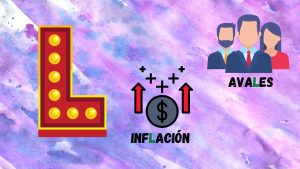3.9 The Consonant “L”

Learning Objectives
In this chapter you will:
- Learn the features of the “l” in English and Spanish.
- Listen to both versions of the “l” and will identify them.
- Practice pronouncing the Spanish “l.”
- Do a self-analysis activity.
The letter “L” in both Spanish and English is an alveolar lateral approximant because for its production 1) the tongue must touch the alveolar ridge, 2) the airstream must escape along the sides of the tongue, and 3) there must be a narrowing of the oral tract. English has two versions of this sound: the light L or /l/ and its variant called the dark L or [ɫ]. The /l/ occurs before a vowel or diphthong like in “lad” or “leaf,” whereas [ɫ] occurs after a vowel or diphthong like in “wall” or “meal.” Spanish features only the /l/ sound, and although it is represented by the same phonetic symbol as its English counterpart (/l/), their sounds are not the same. The main difference is that the production of the Spanish /l/ requires a flat body of the tongue whereas in English the body of the tongue must be raised.
Please watch the following video to review the information above. Listen carefully to the difference between the English and the Spanish /l/.
It is important that you understand what you have learned in this section. Please take this quiz before continuing with this chapter.
Discrimination exercise. Learning to identify sounds in Spanish is an important part of improving your pronunciation. Please listen to the following recording and indicate whether the speaker is using an English or a Spanish /l/.
Let’s practice. Listen to the speaker and repeat.
• inflación
• volatilidad
• hablante
• paralelepípedo
• alguno
• aglomerado
• altura
• melcocha
• oclusión
• aplastar
• almena
Self Analysis Activity

• El lirio languideció porque la ladrona se llevó miles de esas flores.
• Peligrosamente Elena manejaba por la ladera de la montaña y a León le latía muy rápido el pulso.
• Lucas se volvió loco pues la Raquel habló mal de él y lo dejó por el alumno favorito.
• Lástima que Luis levantó a un fulano en el camino porque el fulano era un ladrón.

